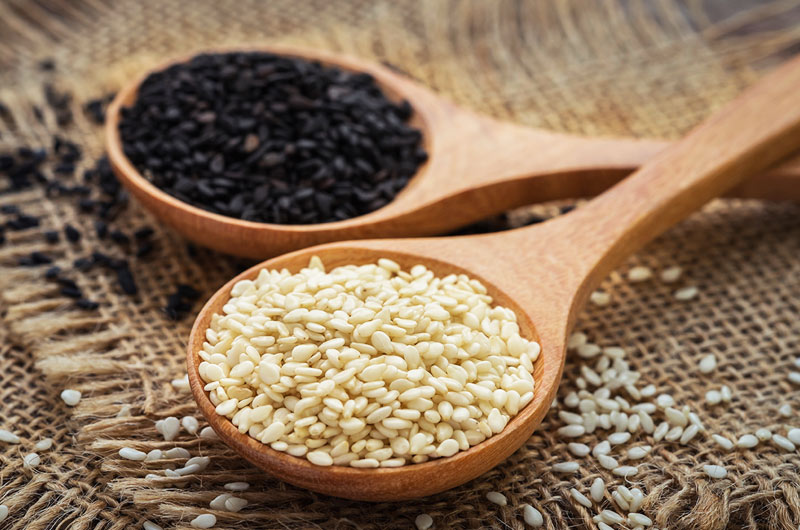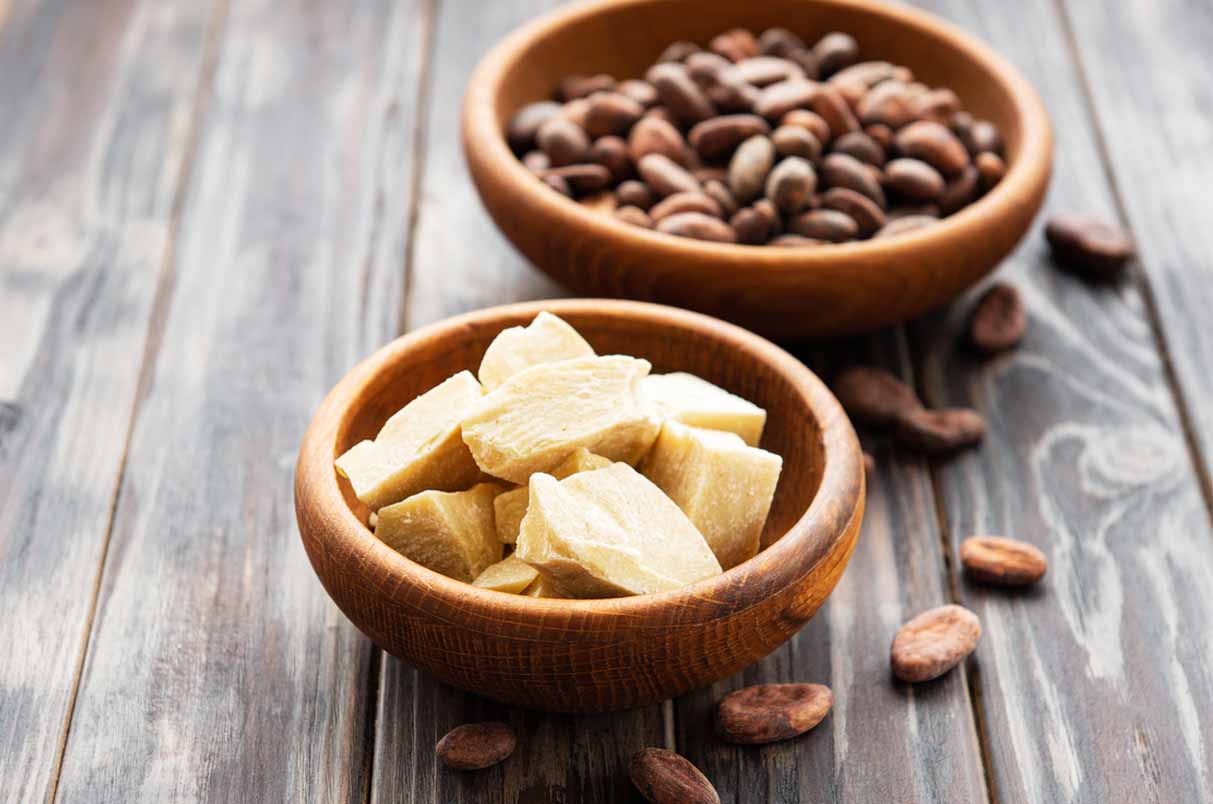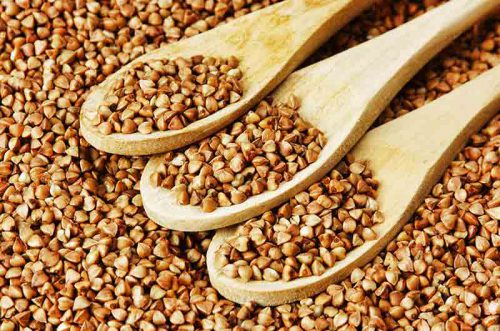Description
Organic White Sesame Seeds (peeled and un-peeled)
Botanical name: Sesamum indicum
The sesame plant is now grown in almost every continent, with particular concentration in Africa and Asia. The seeds can vary in color, from white to dark brown to black. The sesame seed itself is enclosed in a small pod.
The familiar expression ‘open sesame’ refers to the manner in which the pods explode to release the seeds contained inside. Due to their fragility in the pods, the seeds are generally still harvested by hand. Sesame seed is used as food (plain seeds or as Tahini), as an edible oil and in cosmetic preparations.
Health & Nutrition
- Although much of the calorie content comes from fats, sesame contains many worthy nutrients, minerals, antioxidants and vitamins that are essential for wellness.
- Sesame is particularly rich in the mono-unsaturated fatty acid, oleic acid (Omega 6). Oleic acid is proven to help lower LDL and increase HDL present in the blood.
- Sesame seeds are a rich source of many essential micro minerals – calcium, iron, manganese, zinc, magnesium, selenium, and copper. Many of these minerals have a vital role in bone development and strengthening, red blood cell production, enzyme synthesis, hormone production and regulation of cardiac and skeletal muscle activities.
- Sesame is also a rich source of necessary vitamins – niacin (vitamin B3), folic acid, thiamin (vitamin B1), pyridoxine (vitamin B6), and riboflavin (vitamin B2), as well as folic acid which is essential for DNA development. Niacin helps reduce LDL-cholesterol levels in the blood as well as enhance the GABA activity inside the brain, which in turn helps reduce anxiety.
- Sesame is a valuable source of plant protein comprising essential amino acids necessary for growth.
- Sesame also contains two key powerful lignans (anti-oxidants) known as sesamol and
![]()





Reviews
There are no reviews yet.